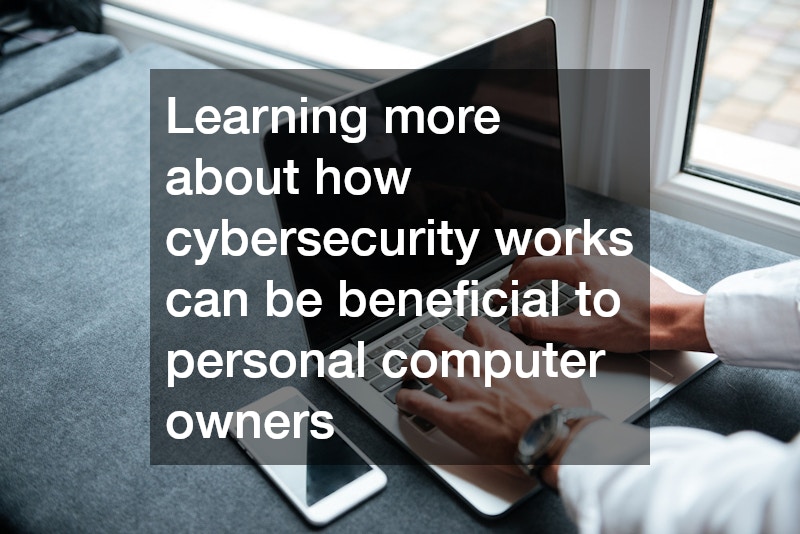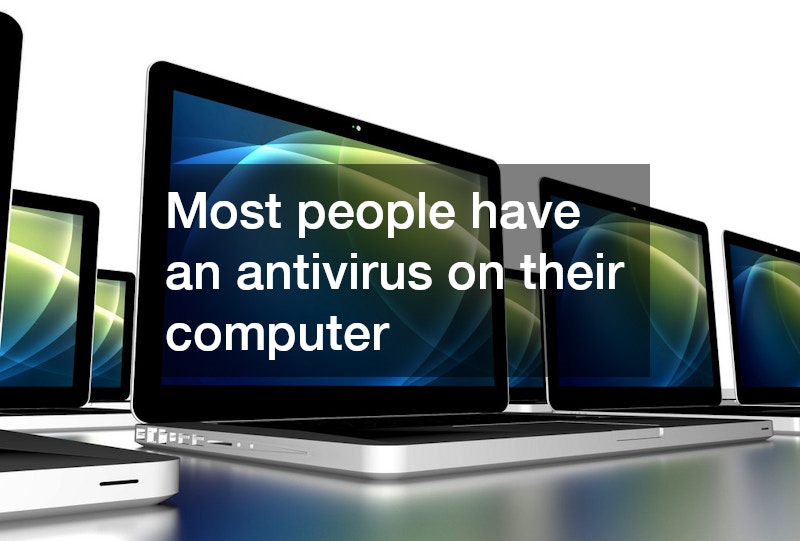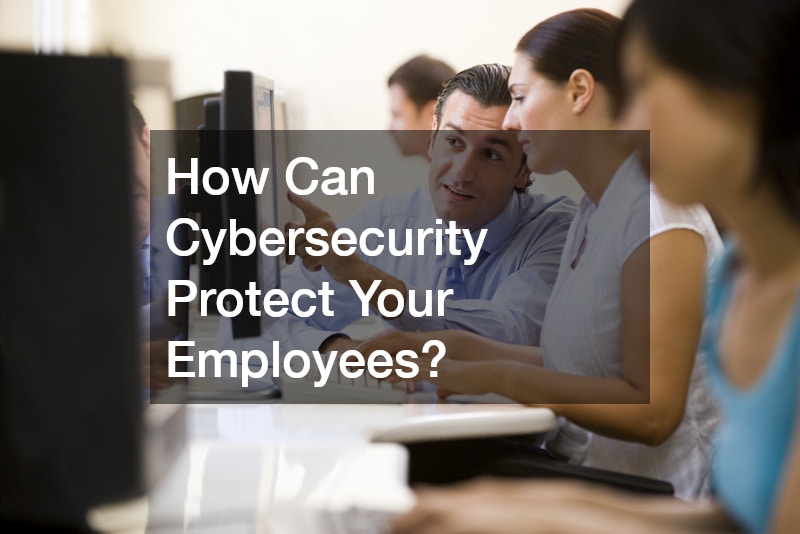
Most computer owners are probably aware of the increased need for cybersecurity. According to Tulane University, the number of online hackers increases every year, and their methods of accessing personal and corporate online accounts are getting more sophisticated. Many corporations and personal computer owners are aware of the benefits of a local cyber security company in discovering any data breaches.
According to BMC, some IT best practices include performing regular audits, as they can help you to identify threats to your infrastructure before they become problems. Another important truth is that even small businesses can be at risk for cyberattacks. Learning more about how cybersecurity works can be beneficial to personal computer owners, as well as corporate computer owners. These days, cyber security companies are becoming just as skilled as the hackers.

According to Cyber Insight, there are four levels of cyber security. The first two levels include the applications we use for software and the safety of our firewalls. Most people have an antivirus on their computer, some cyber invaders use techniques that can penetrate firewalls. Modern cybersecurity services can protect the higher levels of cybersecurity, including cloud security and network connectivity.

When you are the manager of a company, one of your essential concerns will be to protect the online security of your company and client information. Unfortunately, cybercrime can threaten your business and compromise your client’s ability to trust you with their information. Therefore, you should prioritize cyber security in the workplace by developing a detailed official cybersecurity program for your business.
2 Factor Authentification
According to Delinea, your company’s cyber security objectives should protect your infrastructure and system and safeguard your clients’ private information. Your company’s cybersecurity action plan might include using two-factor authentication for system access, choosing only strong passwords, and securing password verification. Many companies find that selecting a VPN communication system is helpful when using phones or faxes, especially when working remotely.
Overall Security
Identifying cyber security levels may help you develop your cybersecurity plan. According to Comptia, the levels begin with keeping your software secure from cyberattacks. The newest concept in cybersecurity is the Internet of Things, which can include protecting data transmitted between several networks. Although the cost of cybersecurity for small businesses will vary, according to Statista, international businesses spend an average of 12% of their IT budget on cybersecurity.
In this world technology permeates everything we do. And, while technology has helped simplify many daily tasks, there are cybersecurity concerns that we need to take into consideration. If you use remote access for your business, or just for personal convenience, keep reading to see how you can stay protected.
Cybersecurity companies are necessary for keeping our business and personal information secure. It is estimated that costs attributed to cyber crime will peak at $6 trillion by the year 2021. While technology has a great many benefits, measures still need to be taken to make sure that hackers and identity thieves do not get a hold of our sensitive information.
What is Remote Network Access?
Remote network access refers to the process of accessing a system without physically being at the host computer. When a remote access point is set up, it allows the user to view the host desktop, as well as access all files stored on the drive. A benefit of this allowing tech companies to fix client software issues remotely, as opposed to having to send out a physical technician. While this can be useful, especially in a business, it can also leave your network vulnerable to infiltration and hacking if the right protections are not put in place to prevent it. A few things you can do to help mitigate the risk of misuse include:
- Uninstall any remote access programs that you are no longer using. Even if you may think you’ll want to use it later in the future, it may be best to just remove it in the meantime, and reinstall it when and if you need it later.
- If you’re not currently using the program, but know you will in the near future, you can alternatively turn it off. This will stop the program from being accessed, and utilized until you initiate the software.
- Another easy measure to take is install a good quality antivirus program. If you are unsure what type would benefit you most, reach out to one of the cybersecurity companies in your location and ask about options that would meet all of your needs.
Remote access programs can be exceptionally helpful, especially if you do a lot of remote work, or work on multiple devices; however, make sure you take appropriate steps to insure that you identify and information are protected.
What is Endpoint Security
Endpoint security is a method that can that individuals and businesses can use to additionally protect their information when using a remote access software. Endpoint security is installed on all network servers that are being accessed, in addition to the devices that are being used for access, this insures that all points are covered, and harder to access without authorization. This can be exceptionally helpful to business and individuals who work off remote access, or otherwise need it for business purposes. If a device that is used for remote access is stolen, lost, or otherwise compromised, an endpoint security program can keep data safe, and out of the wrong hands.
Endpoint security solutions can be utilized by business or individual consumers. The difference between the two being that with consumer programs there is no centralized management system, or administration options, whereas for businesses those are necessary for efficient functioning. The centralized management system allows businesses to configure installation on individual devices, while performance and security alerts are centrally logged to later review and reference. This can be beneficial in that businesses can always see if there are any discrepancies in access or usage. If you or your business are in need of endpoint security for any remote access devices, I’d urge you again to consult one of the cybersecurity companies near you and see which options would work best for you.
The Take Away
Cybersecurity companies exist to help keep your information safe in the technological world. In addition to what was mentioned above, there is a plethora of additional methods you can take advantage of to help keep your data as secure as possible. Talk to a specialist today to see what solutions would be best suited for your business, or personal use.

